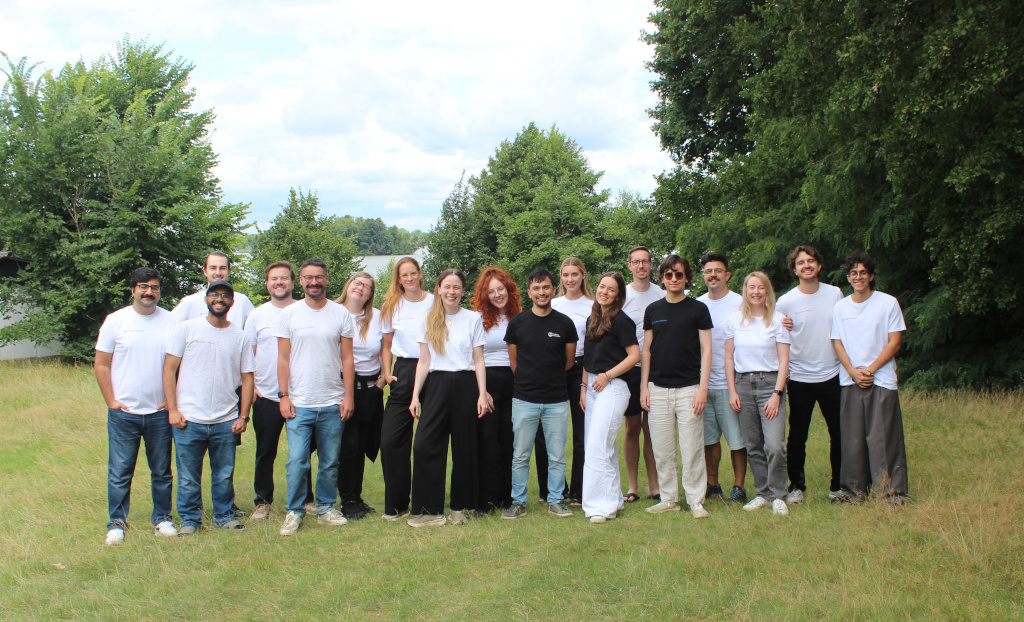 Global Changer’s team at their 2025 offsite.
Global Changer’s team at their 2025 offsite.
In May 2021, after more than a year of building my pipeline, reviewing pitch decks, and talking with founders, I decided to make my first angel bet on a Berlin-based startup—Global Changer.
It was one of the hardest decisions I’ve ever made, but not in a way you might think.
It wasn’t about high stakes, uncertainty, time pressure, or any other kind of drama. The difficulty came from an unexpected but, in hindsight, obvious place. I had never made an investment like that, so I lacked tacit knowledge.
Tacit knowledge is gained through experience—it’s hard to codify or capture in a book. Imagine trying to learn how to ride a bike. You can theoretically read about it, but you won’t really learn until you try. It’s this kind of knowledge that fuels the intuition we rely on to make decisions.
In my investment case, I could analyze a startup by applying commonly used evaluation criteria. I could look at it from different angles and score their perceived performance. In the end, I had a decent overview of their strengths and shortcomings as a team.
I couldn’t, however, extrapolate what I saw and make an educated guess about the progress they could make in the following months. I lacked the tacit knowledge for this kind of decision, which made it hard to make the call.1
Tacit knowledge only comes from doing. If you talk to hundreds or thousands of startups, at some point, it becomes easier to say: “These guys know what they are doing, they have some shortcomings, but I think they have a real shot at making it.” At the time, I didn’t yet have the benefit of that much exposure.
Eventually, I realized that it was a leap-of-faith moment, and I simply needed to decide. Otherwise, I would never make progress and develop the necessary experience. At the time, it was a fair assessment of the problem, but in hindsight, my approach could have been better.
If I had had to decide again, I would have started the process with the intention of learning and developing my intuition, rather than just investing. It would have given me a different perspective on how much money to invest or what kind of external support I might need (like involving an experienced friend).
My experience with that investment is just one example of how important intuition and tacit knowledge can be. Many real-life decisions, like changing jobs or moving to a new place, also benefit from it. Having an analytical process is not enough. A good decision at the end requires both analytical thinking and intuition.
Notes
-
Early-stage startups are very risky investments—most of them fail. When making an investment decision, I focus primarily on the team. I can’t know for sure whether what they’re building will succeed. What I try to assess is their ability to generate strong ideas and execute them well, so they can ultimately reach their goals. ↩